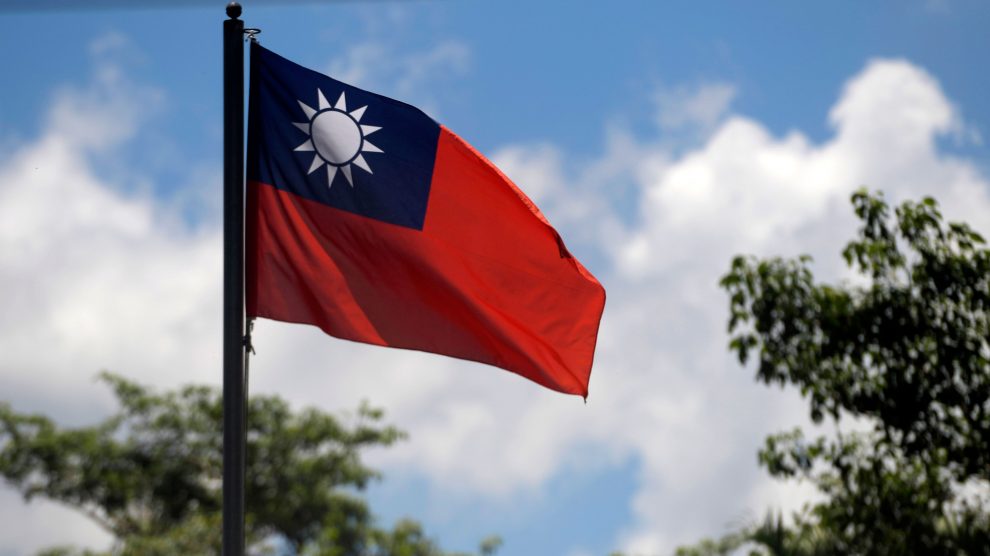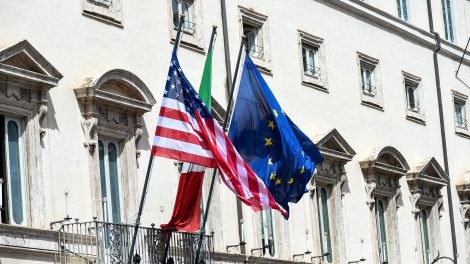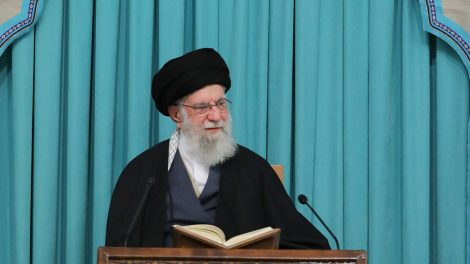Decoding the news. The South African government officially announced on July 21 that it had ceased recognising Taiwan’s representative office in Pretoria, effective retroactively from March 31, 2025. As of April 1, it recognises only the “Taipei Commercial Office” in Johannesburg and Cape Town.
- The decision was communicated almost four months after it had allegedly taken effect, with no prior consultation with Taiwan — a move Taipei denounced as a unilateral and legally questionable revision of the 1997 bilateral framework.
- Pretoria justified the change by invoking its One China policy and UN General Assembly Resolution 2758, which Taiwan contests as irrelevant to non-diplomatic representations.
- Taipei accuses South Africa of acting under pressure from Beijing, particularly after Deputy President Paul Mashatile’s visit to China in mid-July.
- China sees Taiwan as part of its territory and seeks eventual “reunification,” including through military means if required
- This decision carries broader weight because South Africa currently holds the rotating presidency of the G20, raising concerns about its neutrality and autonomy in global diplomatic matters.
What Centinaio says. “This decision violates the 1997 agreement and appears to serve the interests of the People’s Republic of China (PRC).” A leading figure in fostering institutional ties between Italy and Taiwan, Centinaio led two official parliamentary missions to the island in 2023 and 2024, meeting with current President Lai Ching-te when he was Vice President.
- “It sets a dangerous precedent for international diplomacy,” adds Centinaio.
- “I hope Pretoria will restore the office in the capital and reaffirm its sovereign decision-making.”
Put it in the context. Taiwan has lodged formal protests and warned of possible diplomatic retaliation.
- The U.S. Congress has also raised concerns: Republican Representative Chris Smith, Chairman of the Subcommittee on Africa, accused South Africa of breaching the 1997 agreement with Taiwan, warning against “any unilateral attempts to alter the status quo.”
- His comments came during a House Foreign Affairs Committee session on the “U.S.–South Africa Bilateral Relations Review Act of 2025.”
Between the lines. According to a Financial Times report, the Trump administration recently denied Taiwan’s President Lai Ching-te permission to transit through New York on his way to Latin America. This was reportedly to avoid disrupting U.S.-China negotiations ahead of a possible summit with Xi Jinping.
- Bonnie Glaser of the German Marshall Fund warned that signalling negotiability on Taiwan could weaken U.S. deterrence and embolden Beijing.
- Taipei has publicly denied any imminent travel plans, countering the FT’s account.
What we’re watching. China’s pressure campaign on Taiwan continues to intensify, from military manoeuvres around the island to symbolic and political moves aimed at isolating Taipei internationally.
- Statements like Centinaio’s are crucial in countering Taiwan’s diplomatic marginalisation.
- The broader risk is that efforts to appease the PRC come at the expense of the Republic of China, Taiwan.





